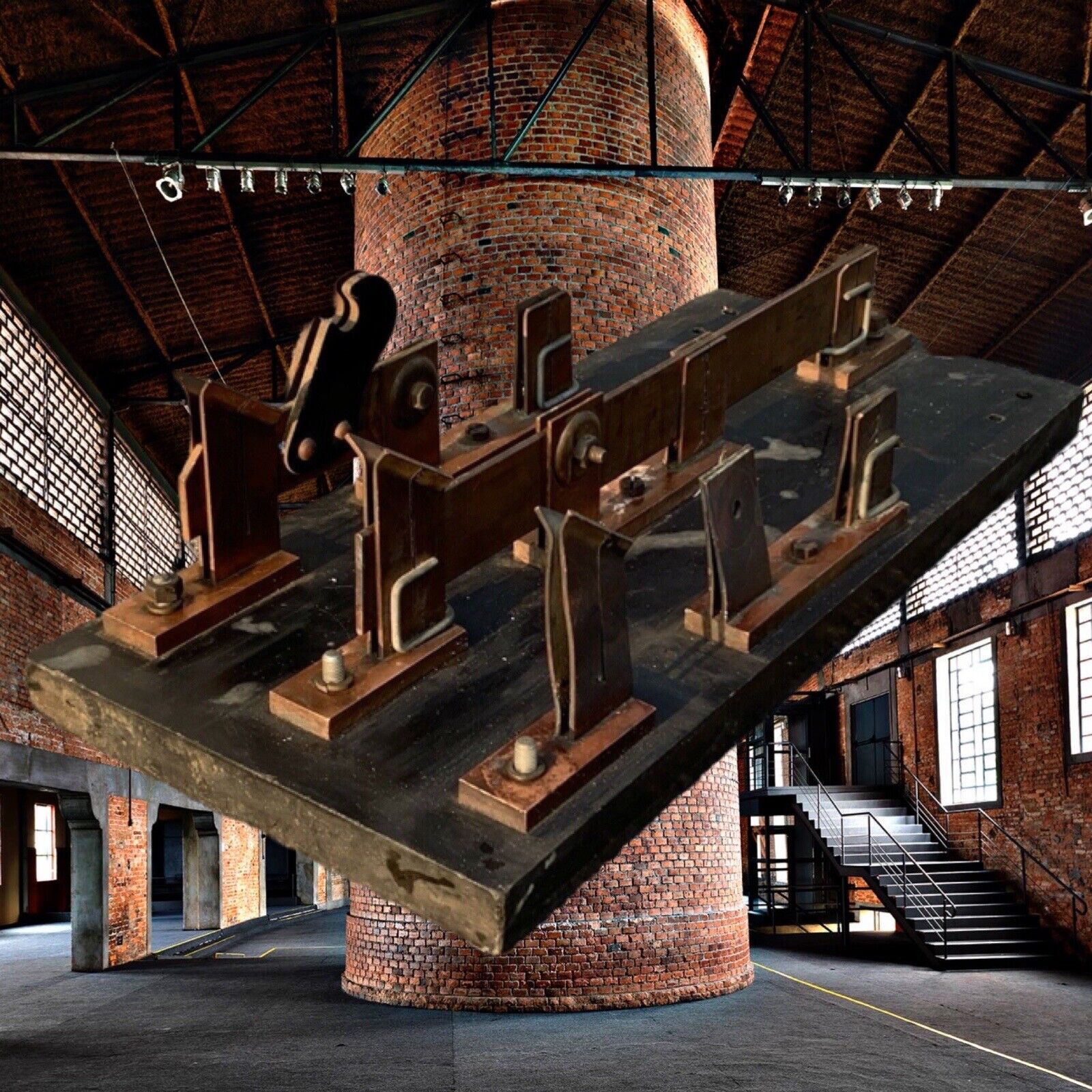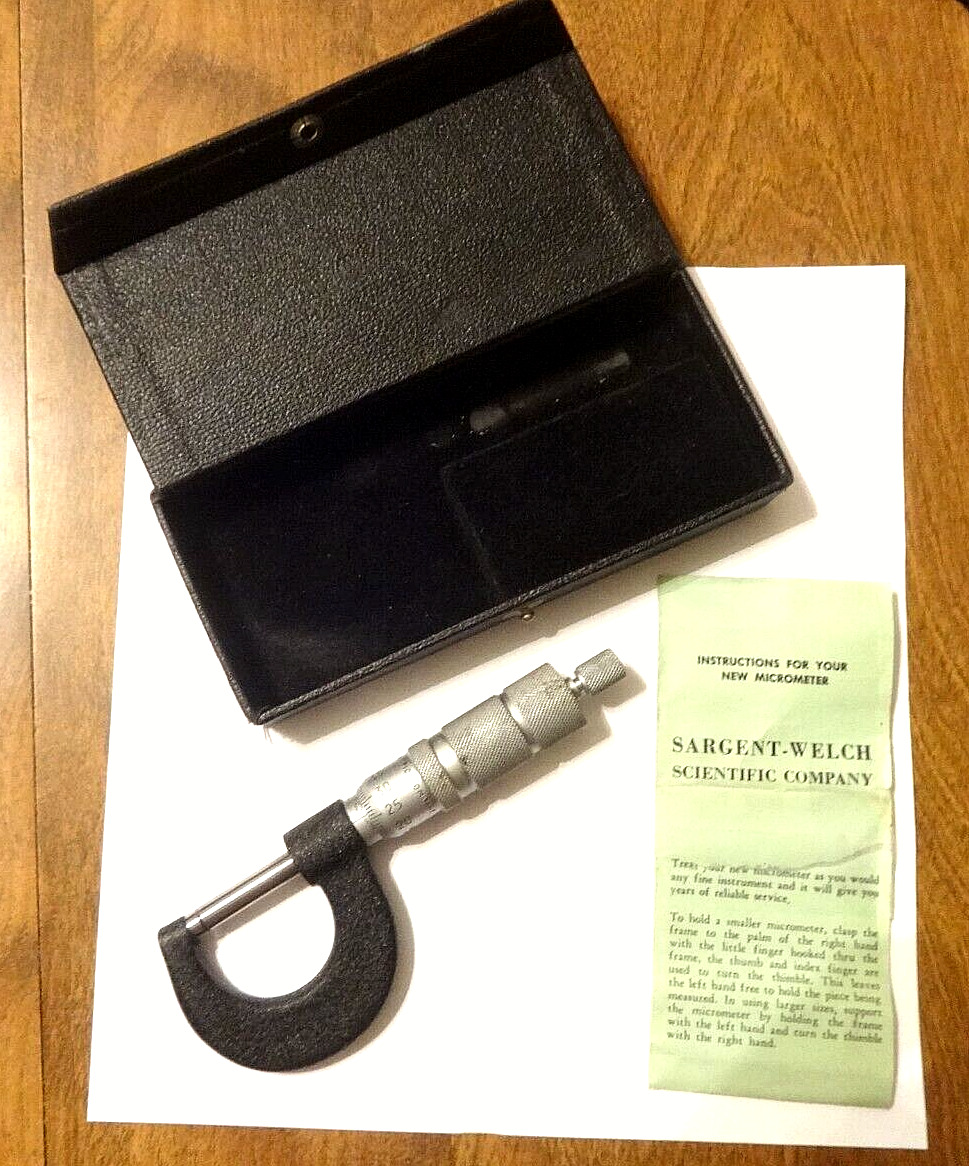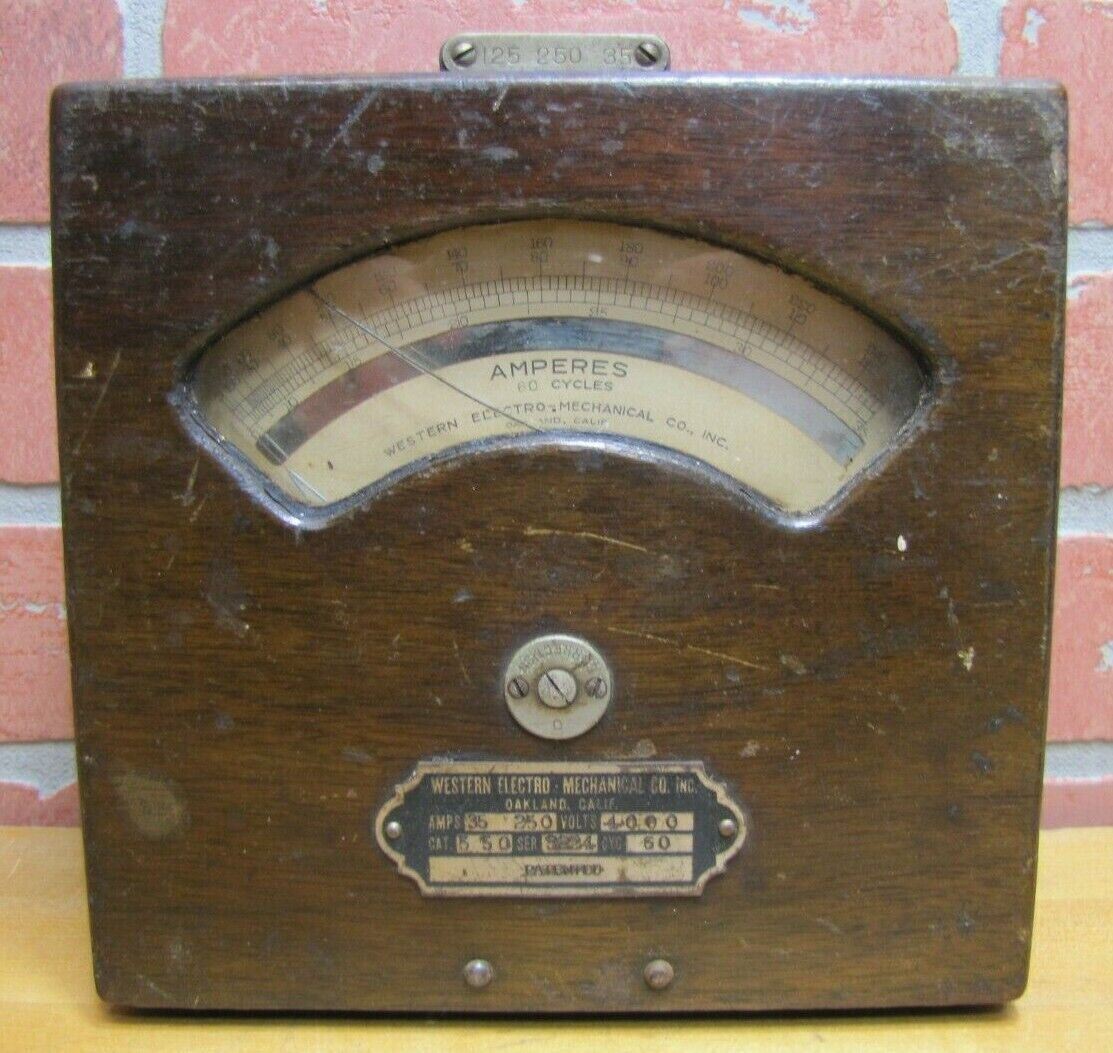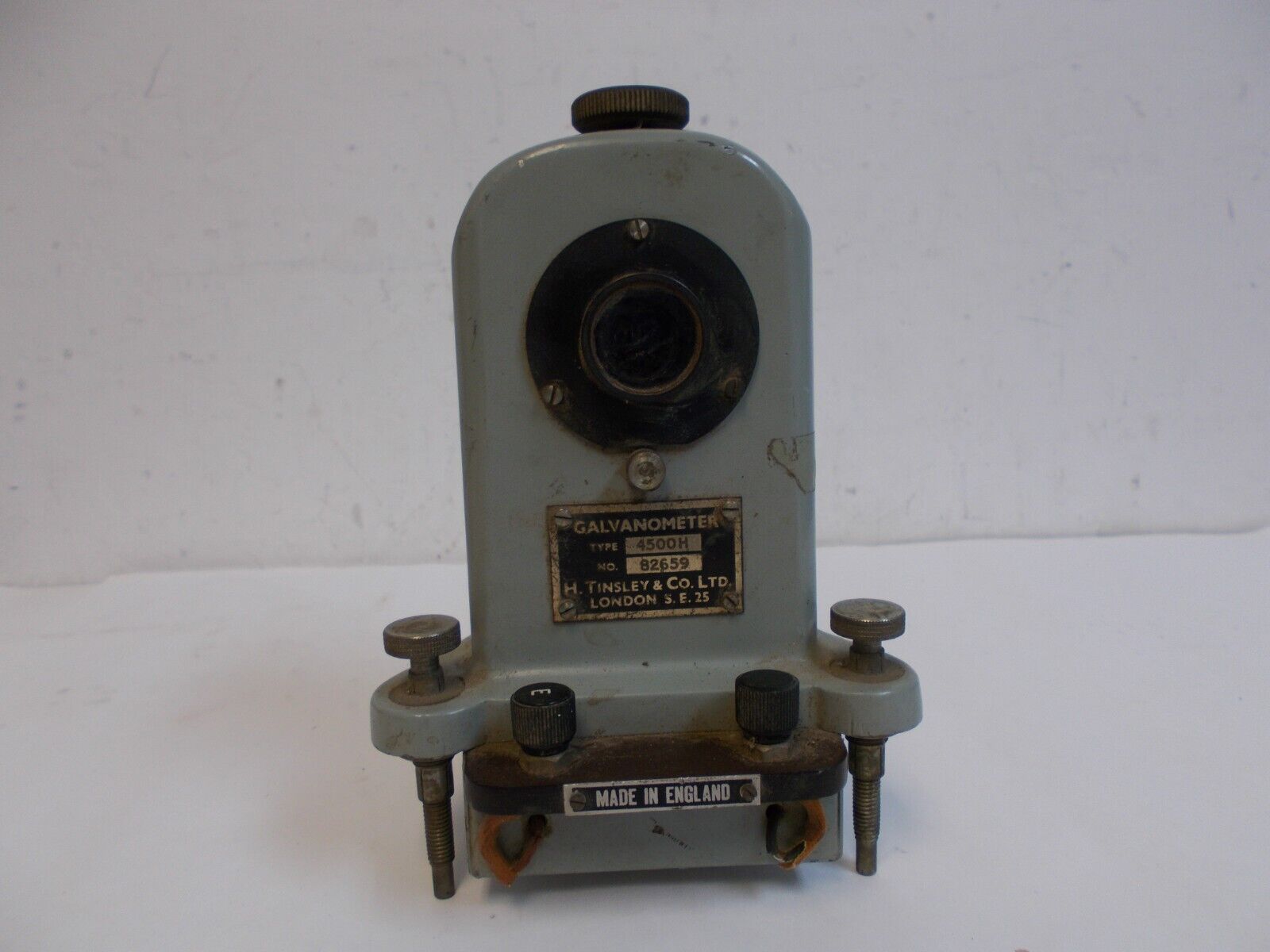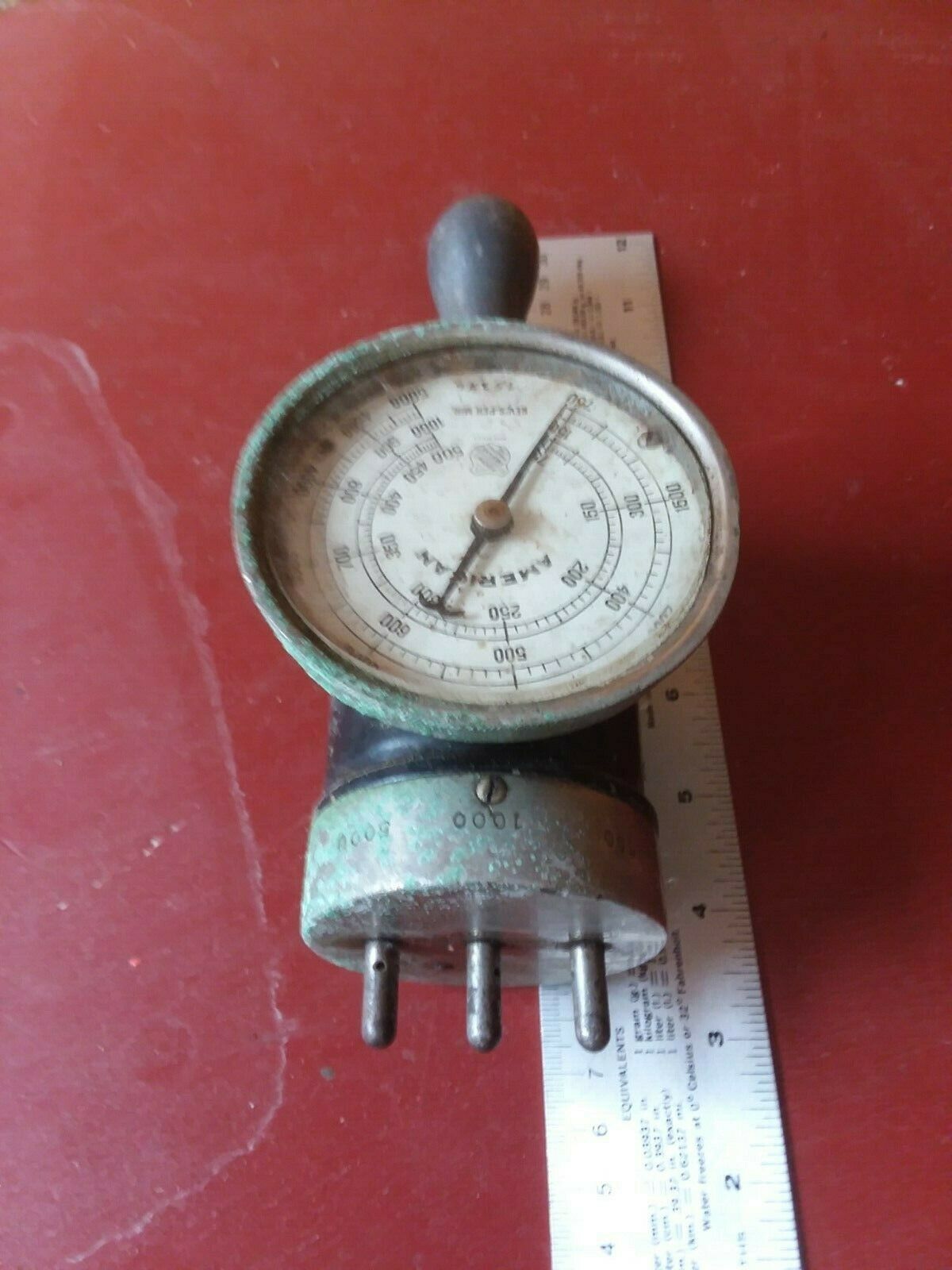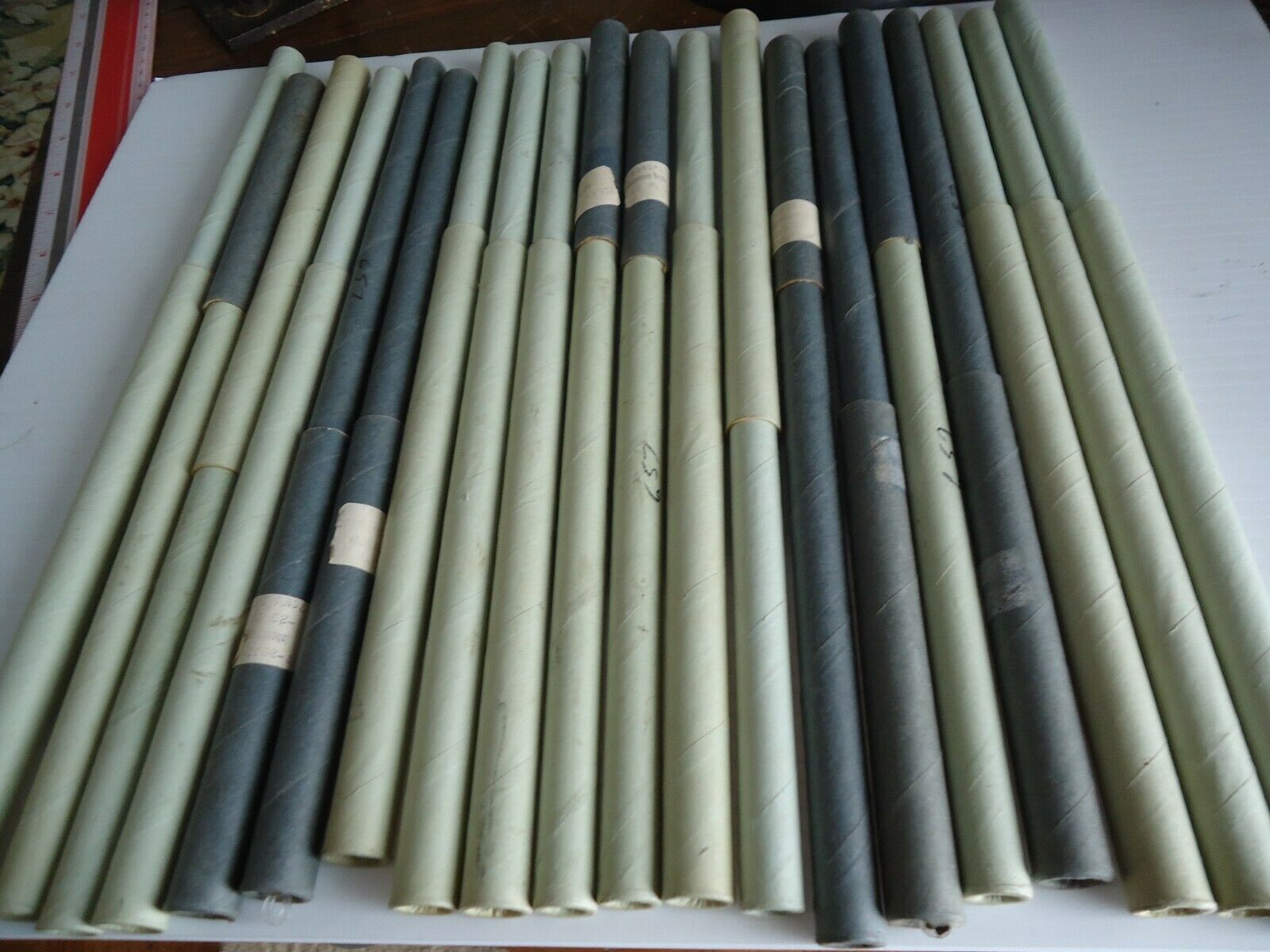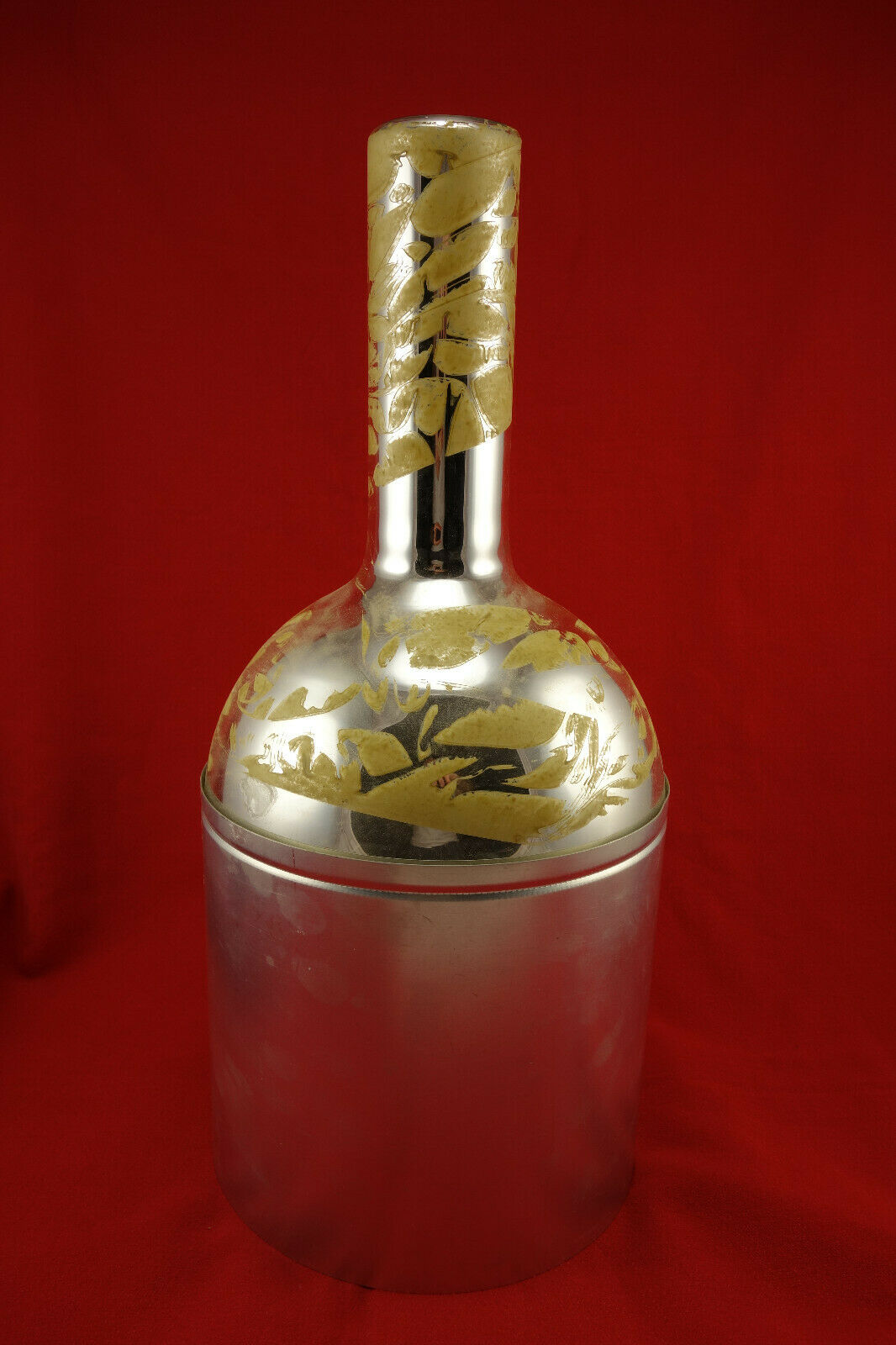-40%
Wilde's Dynamo-Electric Machine Invention 1915 Ad Trade Card
$ 6.85
- Description
- Size Guide
Description
Wilde's Dynamo-Electric Machine Invention 1915 Ad Trade CardNOTE:
THESE ARE NOT POSTCARDS - THEY ARE TRADE/ADVERTISING CARDS.
THEY ARE SMALLER THAN A STANDARD POSTCARD
AND
THERE IS ADVERTISING TEXT ON THE BACK!
THE ACTUAL CARD SIZE IS APPROXIMATELY 2 7/8 '' X 4 3/8 '' OR 7 cm. X 11 cm.
ORIGINAL 1915 TRADE - ADVERTISING CARD
WILDE'S DYNAMO
Henry Wilde (1833 - 28 March 1919 was a wealthy individual from Manchester, England
who used his self-made fortune to indulge his interest in electrical engineering. He invented
the dynamo-electric machine, or self-energising dynamo, an invention for which Werner von
Siemens is more usually credited and, in fact, discovered independently. Wilde was the first
to publish, his paper was communicated to the Royal Society by Michael Faraday in 1866.
The self-energising dynamo replaces the permanent magnets of previous designs with electro-magnets
and in so doing achieved an enormous increase in power. The machine was considered
remarkable at the time, especially since Wilde was fond of spectacular demonstrations, such
as the ability of his machine to cause iron bars to melt.
GREAT IMAGE!
THE REVERSE SIDE HAS TEXT ABOUT THE IMAGE ON THE FRONT SIDE
SEE IMAGES ABOVE
THE CARD DIMENTIONS ARE APPROXIMATELY
2 5/8 '' x 1 3/8 '' or 6.5 cm. x 3.5 cm.
NOTE:
THE IMAGE ABOVE IS LARGER THAN THE CARD
TO SHOW THE DETAIL.
THESE CARDS ARE NOT MODERN REPRODUCTIONS
THESE CARDS ARE 100+ YEARS OLD
THEY ARE NOT PERFECT
THERE MAY BE:
SLIGHT PAPER LOSS - SMUDGING - ROUNDED CORNERS
NOTE SLIGHT IMPERFECTION AT TOP!
SEE THE IMAGES ABOVE!
17 AUST
WE COMBINE SHIPPING
BUY 1 TO 4 TRADE ADVERTISING CARDS AND THE TOTAL T SHIP IS
BUY 5 TRADE ADVERTISING CARDS AND SHIPPING IS FREE
NOTE:
ON LARGER INTERNATIONAL ORDERS WE MAY REQUIRE REGISTERD
MAIL AND WILL SPLIT THE COST WITH THE BUYER.
INQUIRE IF CONCERNED!
Original, late nineteenth century, bronze equinoctial ring dial, inscribed in sanskrit. Jaipur, India. Diameter 7.1 inches.
Universal equinoctial ring dials, often highly elegant and ornate, are a common sight in European scientific instrument collections. A type of portable sundial developed in early seventeenth-century Europe, they can be employed to tell the local time at any known latitude. This dial is similar to specimens in museum collections around the world that challenge the traditional historiography of scientific instruments: Inscribed in Sanskrit with letters and numerals denoting indigenous Indian astrological signs and units of time, they were produced in late nineteenth-century Jaipur, long after clocks and watches became common and sundials supposedly ‘obsolete’.
Rather than having been used as timekeeping devices, these instruments were likely used either as pedagogical instruments to teach astrology and/or astronomy, possibly similarly to British-made dials, such as the Newman dial. Alternately, they may have been produced as ornamental souvenirs for Victorian British tourists who used objects they perceived as ‘authentic’, to reinforce their own constructed narrative of an exotic, antiquated astronomical tradition in South Asia.
Their mixed provenance—made in Jaipur by indigenous artisans, but featuring contributory elements of the astral traditions of both India and Europe—means they belie simple classification as either European or indigenous Indian instruments, or as ‘old’ or ‘obsolete’ devices.
See Whipple Museum of the History of Science collection, University of Cambridge, U.K., for an almost identical example.
This informaion comes from research for MPhil studies by Francis Newman.
Shipping from Chile by EMS Courier post, . This is an approx 10 day service. Items can be combined for shipping.


